We have a strict honest review policy, but please note that when you buy through our links, we may receive a commission. This is at no extra cost to you.
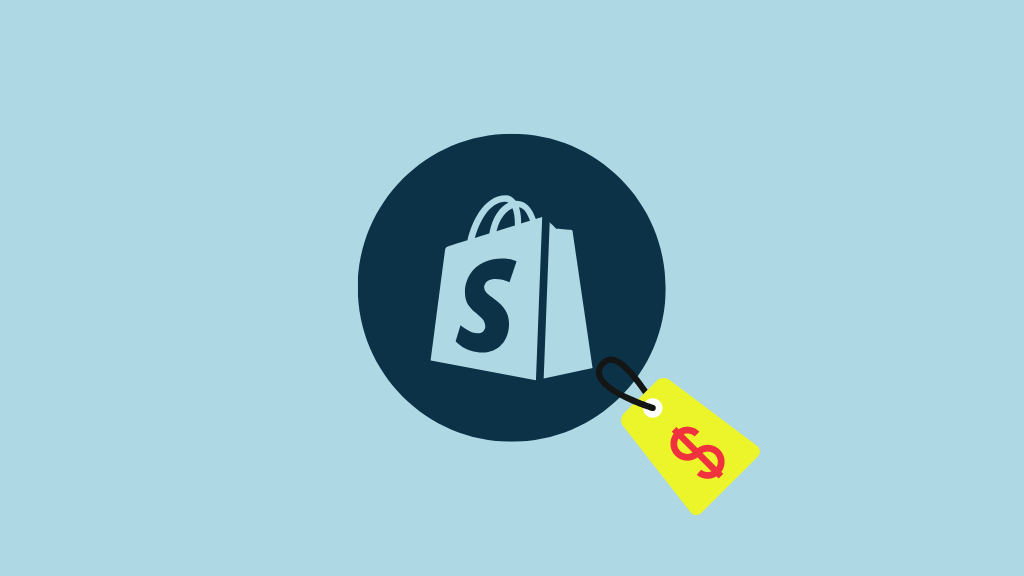
In this guide, we walk you through all the steps you need to take to sell a Shopify store effectively — helping you get the most from your hard work while setting up the store for continued success under new ownership.
Let’s dive in, with a key question…
Why sell a Shopify store?
There can be many reasons behind a decision to sell a Shopify store, but some typical ones are as follows:
- A change in interests or strategy: you might be looking for new challenges in different markets, technologies or business types.
- Lifestyle changes: personal circumstances involving retirement, health issues or family commitments might necessitate the sale.
- A desire to de-risk: the internet is a strange and volatile place, and a Shopify store that is highly successful one day might not be the next. Selling your store at the right time lets you get out of the ecommerce business safely and profitably — and before a downturn comes along.
- Profit: you might simply fancy a large lump sum of cash.
Understanding your ‘why’ helps you justify your decision to sell; creates a persuasive narrative for potential buyers; and helps you work out the timing and strategy for a sale.
Once you’ve got this rationale clear in your mind, it’s time to work out your store’s value.
So, let’s take a look at how to do that.
How to assess your Shopify store’s value
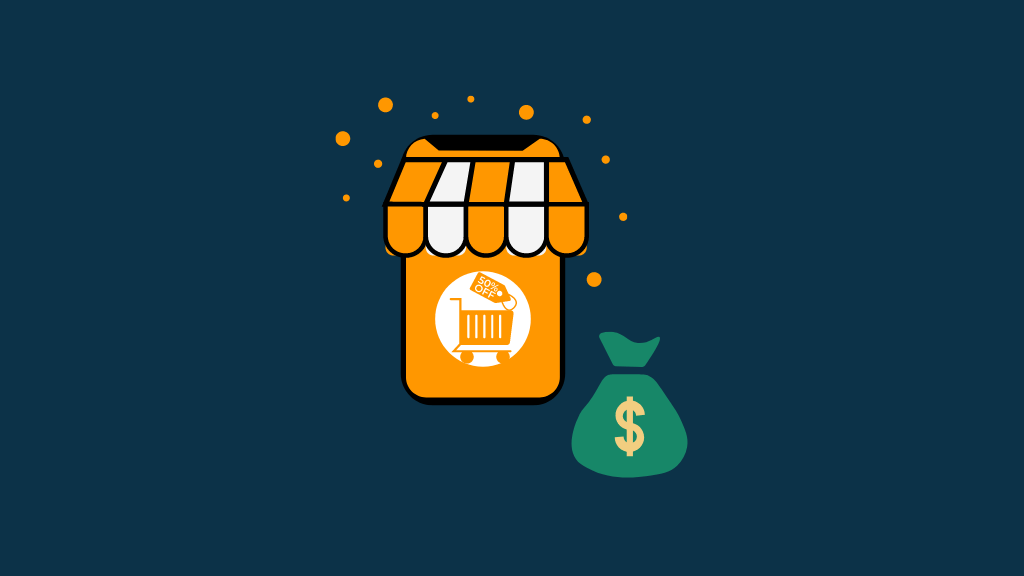
Valuing a Shopify store accurately is a specialized task best handled by professionals with experience in ecommerce and business valuation — for example business brokers, business appraisal firms, business advisors, accountants or ecommerce consultants.
Typically, these professionals will look at the following areas when valuing your store:
Revenue and profit
As you might expect, the primary determinant of your store’s value is how much money it makes. Potential buyers will cast a close eye over your income statements to understand revenue trends and profit margins.
Generally, a store with stable or growing revenue over the past two to three years will be perceived more positively.
Your store’s monthly average net profit is particularly significant here, as it’s often used to calculate the store’s ‘valuation multiple.’
Traffic and conversion rates
The quality and volume of traffic your store attracts can considerably affect its worth. High levels of organic traffic (i.e., visitors who find your Shopify store through search engine results) indicate a solid SEO foundation — and make your store more valuable.
Your store’s conversion rate — the percentage of visitors who make a purchase — is also likely to increase its value.
Brand reputation and social following
A well-known brand with a strong reputation can command a higher price. Buyers are often willing to pay more for stores that have clearly invested in brand-building; they are more likely to have a loyal customer base (and lower customer acquisition costs).
Additionally, a robust and large social media following can increase your Shopify store’s price.
Business model and growth trends
Your Shopify store’s business model and its scalability can add to its value. For example, a store based around a dropshipping model has different value implications than one that relies on manufacturing and stocking your own products — the former type of business may be easier to grow without much investment being required.
Growth trends are also significant. A store that has demonstrated consistent growth year-over-year is more likely to fetch a higher price than a store with fluctuating or declining revenues.
And an interested buyer may also take look at the diversity of sales channels you use. A Shopify business that is based on several of these — for example a website, YouTube, Amazon etc. — can be more attractive than one that just involves one digital asset.
Operational efficiency
Buyers will take a close look at the efficiency of your business operations. Slick inventory management, efficient order fulfillment, solid vendor relationships and streamlined customer service processes are all signs of a well-run Shopify store.
Stores with these attributes can often command a higher price — because they indicate that a smooth transition from buyer to seller will be possible.
💡Tip: create ‘SOPs’ before selling
SOPs — ‘Standard Operating Procedures’ — are detailed, step-by-step instructions designed to help staff carry out routine operations accurately, effectively and consistently.
The availability of these can significantly affect how desirable a business is to a potential buyer (and by extension its price).
Preparing your Shopify store for sale
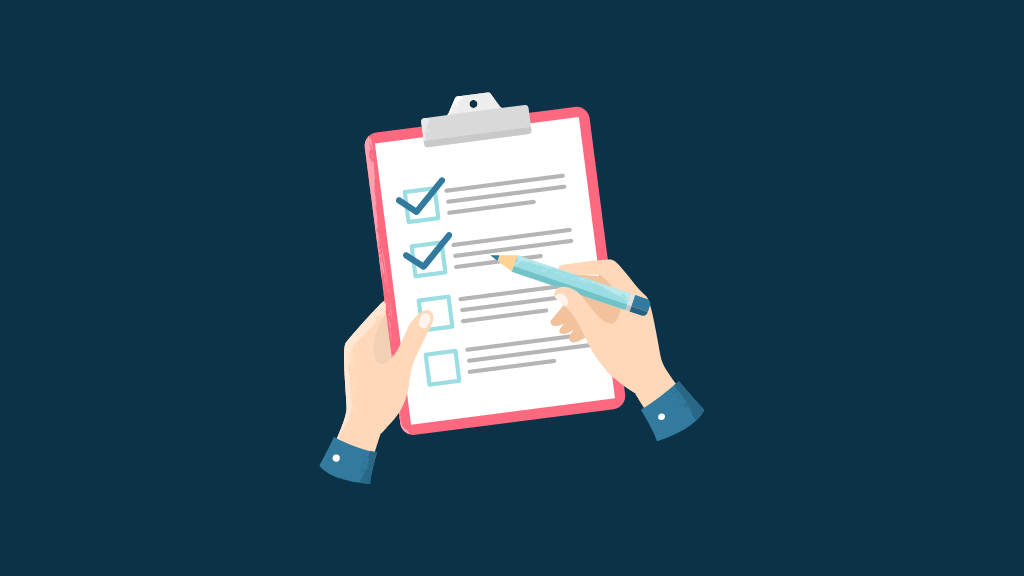
Once you’ve got an idea of how much your Shopify store is worth, it’s time to prepare it for a sale.
This typically involves doing the following:
1. Resolving outstanding issues
Before listing your store for sale, it’s crucial to address any outstanding legal, financial and operational issues. This could involve
- settling debts
- resolving any ongoing disputes
- updating outdated software or systems
Providing a clean slate for potential buyers not only makes your business more attractive, but also speeds up the due diligence process and helps you avoid potential deal-breakers down the line.
2. Cleaning up financials
Prospective buyers will want to see a clear and detailed picture of your store’s financial health. Start by compiling comprehensive financial statements — buyers will typically want to see a profit and loss statement (P&L) that covers at least the last 2-3 years.
Having these documents organized, professionally prepared and easily accessible can greatly increase buyer confidence.
3. Compiling legal documentation
In addition to having your financial data ready for inspection, you’ll need to make sure that all relevant legal paperwork is ready to be scrutinized too. It’s likely that your potential buyer will want to take a close look at things like
- vendor contracts
- employment agreements
- licenses
- permits
and any other legal agreements related to your Shopify store.
4. Preparing for transition
You’ll need to create a comprehensive plan for a smooth transition to the new owner. This may include preparing detailed standard operating procedures (SOPs), training materials or even offering your availability for a certain period post-sale to help the new owner get acquainted with the business operations.
Once you’ve got all your ducks in a row, it’s time to find somebody to buy your store.
🎬 Recommended Style Factory video: how to sell a Shopify store
Recently I sat down with Greg Elfrink, the Head of Marketing at Empire Flippers — a leading seller of online businesses and Shopify stores — to discuss the steps needed to sell a Shopify store. You can check out our conversation below, or find out more about Empire Flippers here.
Finding a buyer
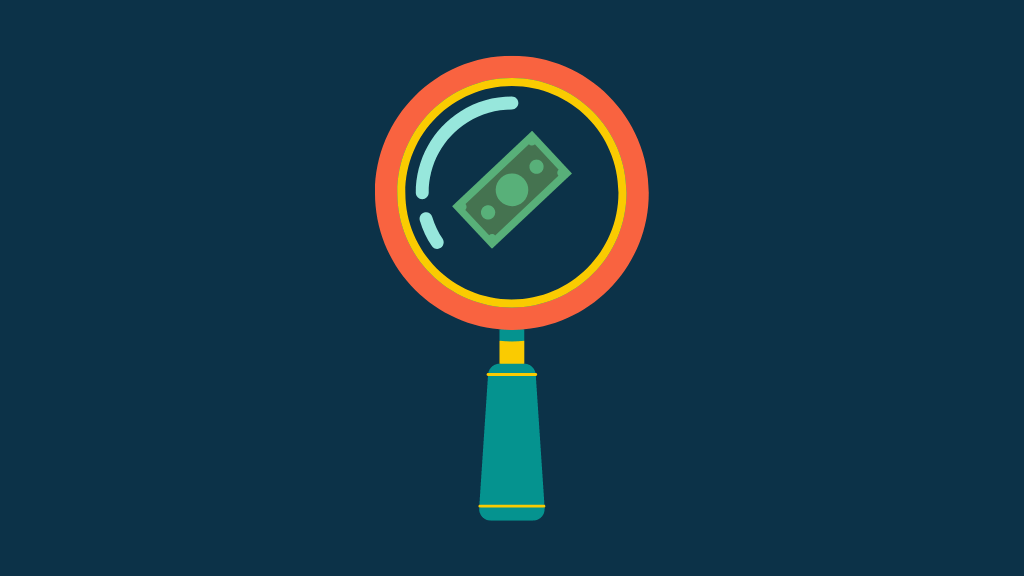
When selling a Shopify store, your aim should be to reach as many potential buyers as possible.
You can do this in quite a few ways:
Via online business marketplaces
Several online marketplaces are designed specifically for buying and selling online businesses.
Until recently, in fact, there was a dedicated online marketplace for buying and selling Shopify stores: the ‘Shopify Exchange Marketplace.’
Sadly this is no more, but there are lots of other online marketplaces that sell Shopify stores, and many of them will give you a free valuation before listing your website for sale. Well-known examples of these include Flippa, Motion Invest and Empire Flippers.
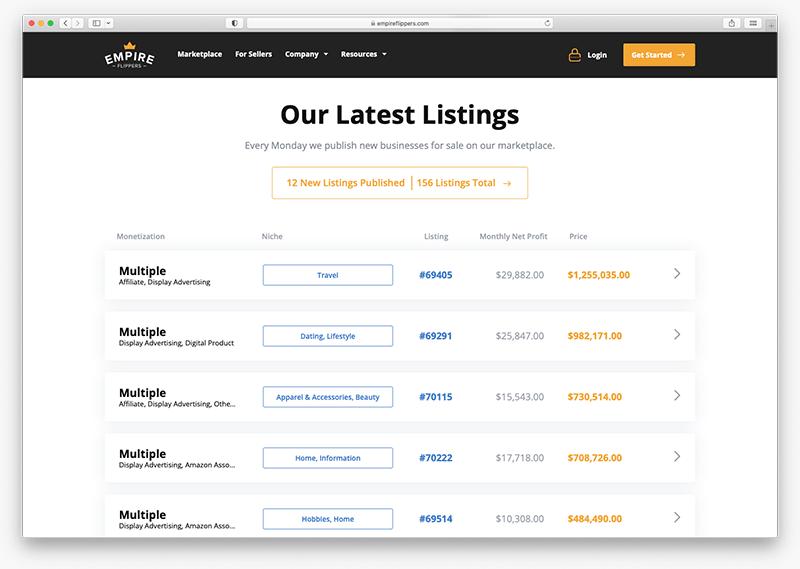
Listing your store on these platforms can expose your store to a wide audience of potential buyers, many of whom are actively looking to purchase an ecommerce business.
The downside is that these services will charge commission on any sale — and their rates can be considerable.
Recommended online marketplace: Empire Flippers
If you’re thinking of going down the route of selling your Shopify store via an online marketplace, we recommend checking out Empire Flippers.
We have worked with Empire Flippers before in various ways and have been impressed with the detailed expertise and due dilligence services provided. The company gives you access to a free valuation tool too.
With business brokers
A good business broker can be incredibly useful when you’re selling your Shopify store. Brokers have extensive networks of contacts and can help you find potential buyers who might not be easily reachable through public channels.
Additionally, brokers can handle many of the technical aspects of the sale, including negotiations and due diligence; this can be particularly beneficial if you’re new to selling a business.
As with online business marketplaces, you’ll need to be aware that a business broker will charge you commission on the sale.
Through direct outreach
Another way to find a buyer is through direct outreach. This involves identifying and approaching competitors or complementary businesses that might be interested in acquiring your store.
A strategic acquisition could be enticing to a competitor looking to increase their market share, or a complementary business seeking to diversify their product offerings.
The advantage of a private sale to a competitor or related business is that no commission is involved; the disadvantage is that sometimes selling your Shopify store in this way does away with the opportunity to test the market (and by extension, to get a higher price for your business).
On social networks
Your own personal and professional networks can also be a valuable resource when selling your online business; letting contacts in these know that your business is for sale can help you reach interested buyers.
A note of caution here, however: for privacy reasons, you might not want to let all your personal contacts on social networks know about your business and its finances — if using social networks to find a buyer, be judicious in how you use them, and consider direct messaging rather than group messaging to spread the word about a potential sale.
Using investor networks
You could also consider reaching out to investor networks. Platforms like AngelList or Crunchbase can connect you with potential buyers who have the financial resources to acquire your Shopify store.
Wherever you decide to look for a buyer, it’s important to remember that selling your Shopify store isn’t just about finding any buyer — it’s about finding the right buyer. The more targeted and strategic your approach, the more likely you are to find a buyer who understands your business’s value — and has the resources and intent to acquire it.
Negotiating the deal

At this point you’ve got an idea of your Shopify store’s value; prepared it for sale; and identified a buyer. The next part of proceedings is probably the trickiest — negotiating a price for your business.
Here are some tips on how to do that effectively:
Know your worth
As discussed above, it’s important to get a comprehensive valuation of your Shopify store. Make sure you understand your business’s financial metrics, customer base, growth potential and other factors contributing to its value before speaking to a potential buyer. Otherwise, you’ll effectively be negotiating in the dark.
Set a realistic asking price
Once you understand your Shopify store’s worth, set an asking price that reflects this value, while considering market conditions and recent sales of similar businesses. It’s easy for emotion (or ambition!) to get in the way here — so try to be as rational as possible when settling on a price for your business.
Avoid setting an overly high price — this could deter potential buyers — but try not to undersell your store either.
Get legal help
It’s best to have a lawyer (and one with a speciality in M&A — mergers and acquisitions) involved in reviewing and negotiating the sales process. He or she can ensure that you have a full understanding of the legal processes involved with a sale and that the terms and conditions that end up in the purchase agreement protect your interests.
Protect confidentiality
As you start negotiations, make sure that you and your potential buyers protect the confidentiality of sensitive information relating to your business.
Usually this means asking interested parties to sign a Non-Disclosure Agreement (NDA) before entering into detailed discussions.
Be careful with exclusivity
A potential buyer might ask for an exclusivity period during which you won’t engage with other interested parties. If you agree to this, make sure that this period is reasonable in terms of length and does not unnecessarily limit your options.
Be open to different deal structures
While an upfront cash payment might be your preference, be open to other deal structures that could be more appealing to buyers. These might include seller financing, earn-outs or a mix of cash and equity.
Negotiate effectively
Remember that negotiation is a dialogue. Listen to the buyer’s concerns and be prepared to justify your asking price with solid data and facts about your business. At the same time, be flexible where you can to make the deal more appealing to the buyer.
Once you’ve agreed on a price for your store, the buyer typically sends you a letter of intent detailing their offer.
And then it’s time for…
The due diligence process
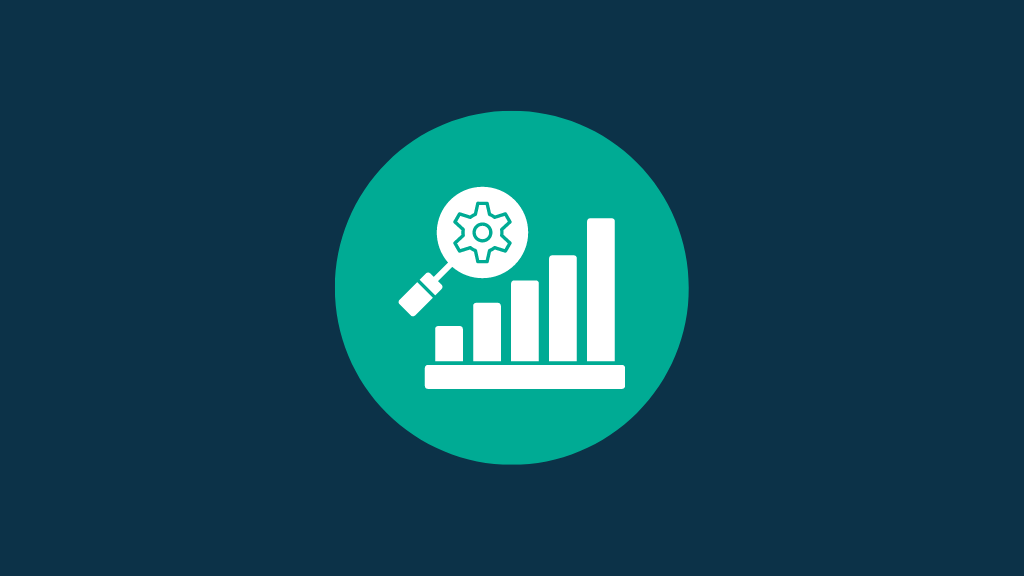
During the due diligence process for selling a Shopify store, your potential buyer will conduct an in-depth review of key aspects of your business to make sure that it’s as ‘safe’ a buy as possible.
Here are several things that are likely to happen during this process:
A financial review
The buyer will scrutinize your financial records, including income statements, balance sheets and cash flow statements. They’ll look at revenue trends, online sales figures, profitability and the overall financial health of your business.
Operational analysis
The buyer will examine your business operations, with a view to getting an understanding of your supply chain, inventory management, order fulfillment and customer service processes. They’ll also evaluate your relationships with vendors and partners.
Customer base analysis
The buyer will look at your customer demographics, acquisition channels, lifetime value (LTV) and churn rate (and possibly customer feedback and reviews, too).
Product review
The buyer will examine your product offerings, pricing and the competitiveness of your goods in the market. If you sell physical items, they may want to check the quality of these firsthand.
Legal review
Any existing legal obligations or potential legal issues will be thoroughly reviewed. These can include leases, loans, employment contracts, intellectual property rights and any ongoing or potential lawsuits.
Website and SEO analysis
The buyer will likely perform an analysis of your Shopify website’s search rankings, organic traffic levels and paid traffic levels. They’ll also look at your conversion rates and bounce rates.
Accordingly, you may need to be prepared to give the buyer access to your Google Analytics and Google Search Console accounts, so that he or she can gain a full understanding of how your store is currently performing on search engines (and what its main traffic sources are).
Marketing and branding evaluation
The buyer will assess your marketing strategies, brand recognition, social media presence, and the effectiveness of your marketing efforts.
Technology and security assessment
If your store uses custom technology or software, the buyer will want to understand its functionality and reliability. They may also check your cybersecurity measures.
Review of business plans and projections
The buyer may want to review your future business plans and financial projections to understand the potential growth and profitability of your store.
Supplier and vendor approaches
The buyer may contact your suppliers and vendors to confirm the terms and conditions you have reported (this may be particularly the case where Shopify dropshipping businesses are concerned).
Due dilligence and data rooms
During the due diligence process, it’s customary to use a ‘data room‘ to house all the necessary information pertaining to the business sale. This is a secure online repository where you can store, manage and share all the critical documents and information that a potential buyer needs for due diligence.
A data room allows buyers and their advisors to access this information remotely while maintaining the seller’s control over who sees what and when.
Completing the sale

The completion of the sale of a Shopify store — often referred to as ‘closing’ — is a multi-step process that involves the finalization of legal paperwork, the transfer of assets and paying the agreed sum for the business.
Signing the purchase agreement
The process typically begins with the signing of a purchase agreement. This is a legally-binding document that outlines the terms and conditions of the sale as agreed upon by both the buyer and seller.
It covers key details such as:
- final sale price
- payment terms
- any warranties
and other conditions of the sale.
Involving a lawyer here — and one who has a good understanding of mergers and acquisitions (M&A) — is crucial.
Funds Transfer
Upon signing the purchase agreement, the buyer will usually transfer the agreed-upon funds. Depending on the terms of the agreement, this may be a lump sum payment, or the first in a series of payments.
When digital assets like a Shopify store are being sold, a third-party escrow service is sometimes used to process the transaction. This provides an additional level of security for both parties and helps to prevent fraud.
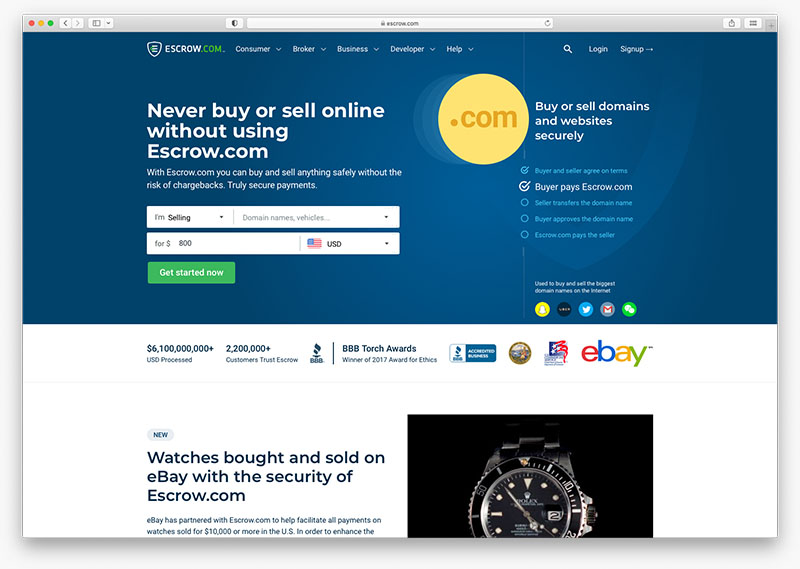
Escrow works like this: once the buyer and seller have agreed to the terms of the sale, the buyer deposits the necessary funds into the escrow account. The escrow service then verifies that the money is all there, and informs the seller to transfer the business assets to the buyer.
(A commission on the sale price — and often a significant one — is usually charged by the escrow service).
Once the seller has fulfilled their obligations and the buyer is satisfied, the escrow service releases the funds to the seller.
Transfer of assets
As soon as the funds are transferred, the seller then transfers the business assets to the buyer.
This includes the Shopify store itself, along with any associated digital properties such as custom domain names, social media accounts, email marketing lists etc.
Any physical assets, like inventory or POS equipment, are also handed over at this time.
What happens after the sale

You might think that at this stage, everything has been wrapped up and you can relax in the Bahamas with your new-found financial freedom.
But there are usually a few things left to do.
There’ll often be a transition period to go through, during which you’ll have to assist the new owner in getting acquainted with the business operations related to your Shopify store. This period can be anything from a few weeks to several months, depending on the complexity of the business and the terms of the sale.
During this time, you might have to train the new owner and key staff on the store’s operations, customer service procedures, vendor relationships, marketing strategies and other critical business functions.
The post-sale period may also involve executing the agreed-upon payment terms. For example, as part of a sale, you may have agreed to an earn-out process, where you get paid a certain amount only if certain financial targets are hit. This will mean that you may remain involved in the day-to-day aspects of running your Shopify store for some time, even after it is sold.
You may also have certain legal obligations to fulfill after the sale — for example abiding by non-compete and non-disclosure agreements.
Finally, the post-sale period may also end up being a time for personal reflection and planning for the next steps, whether that involves starting a new business, investing in other business opportunities or even retirement.
Good luck with selling your Shopify online store! For more information and resources on how to do this effectively, along with details on how to list your site for sale on an online marketplace, we suggest that you visit the Empire Flippers website.
While you’re here, download our free ecommerce e-kit
For a limited time, we’re offering our readers some excellent free tools. Sign up free to immediately receive:
- our e-book on how to start a Shopify store
- our online store comparison chart
- a downloadable cheatsheet on how to create an online store
- our SEO, blogging and ‘how to start a business’ cheatsheets
- extended free trials and discount codes for essential business apps
- our latest tips on ecommerce and growing a business
How to sell your Shopify store — FAQ
Below you’ll find some frequently asked questions that are typically asked by Shopify store owners that are thinking of exiting their business.
How much could I sell my Shopify store for?
How much you can sell a Shopify store for depends on a number of factors, including revenue, SEO rankings, traffic and conversion rate — the most important of these usually being its revenue. Generally speaking buyers will agree to pay an agreed multiple of your store’s monthly net profit.
How do I value my Shopify business?
Generally it’s best practice to involve a professional in the valuation process — for example a broker, an accountant or a valuation expert working for an online marketplace service. He or she will look at key factors like your store’s revenue, financial history, SEO setup, organic traffic levels and conversion rate to determine an accurate valuation.
How do I sell my Shopify business?
Key ways to sell a Shopify business include listing it an online marketplace such as Empire Flippers; using a business broker; or approaching competitors and related ecommerce businesses that may be interested in acquiring your store as part of a ‘bolt-on’ strategy.
Is it worth buying an existing Shopify store?
It can be — but only if it has a long term history of profitability, a reliable seller, a strong SEO setup and/or a paid-traffic strategy that is working well. Detailed due diligence should be performed before purchase. You can learn more about purchasing an existing Shopify store in our ‘How to buy a Shopify store’ guide.
No comments